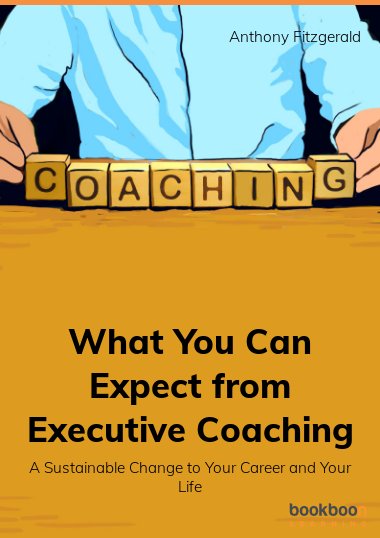This book will tell you what you need to know when you decide to get coached or when your company suggests it. It will explain the difference between coaching, mentoring, training and counselling. It will explain what your commitment will be and the processes that will be used by a professional coach to help you achieve the changes you want to make in your career and your life. It will remove the mystique surrounding coaching and help you take control of the process and work with your coach in the best possible way.
About the Author
Anthony Fitzgerald is an ILM7qualified Executive Coach. He was as an advertising copywriter and creative director in the UK, USA and Australia. He co-founded an advertising agency in Kenya and was at Time Magazine for 18 years ending up as Strategic Sales Director for Europe, Africa & the Middle East. He founded a sales company representing US publishers.

